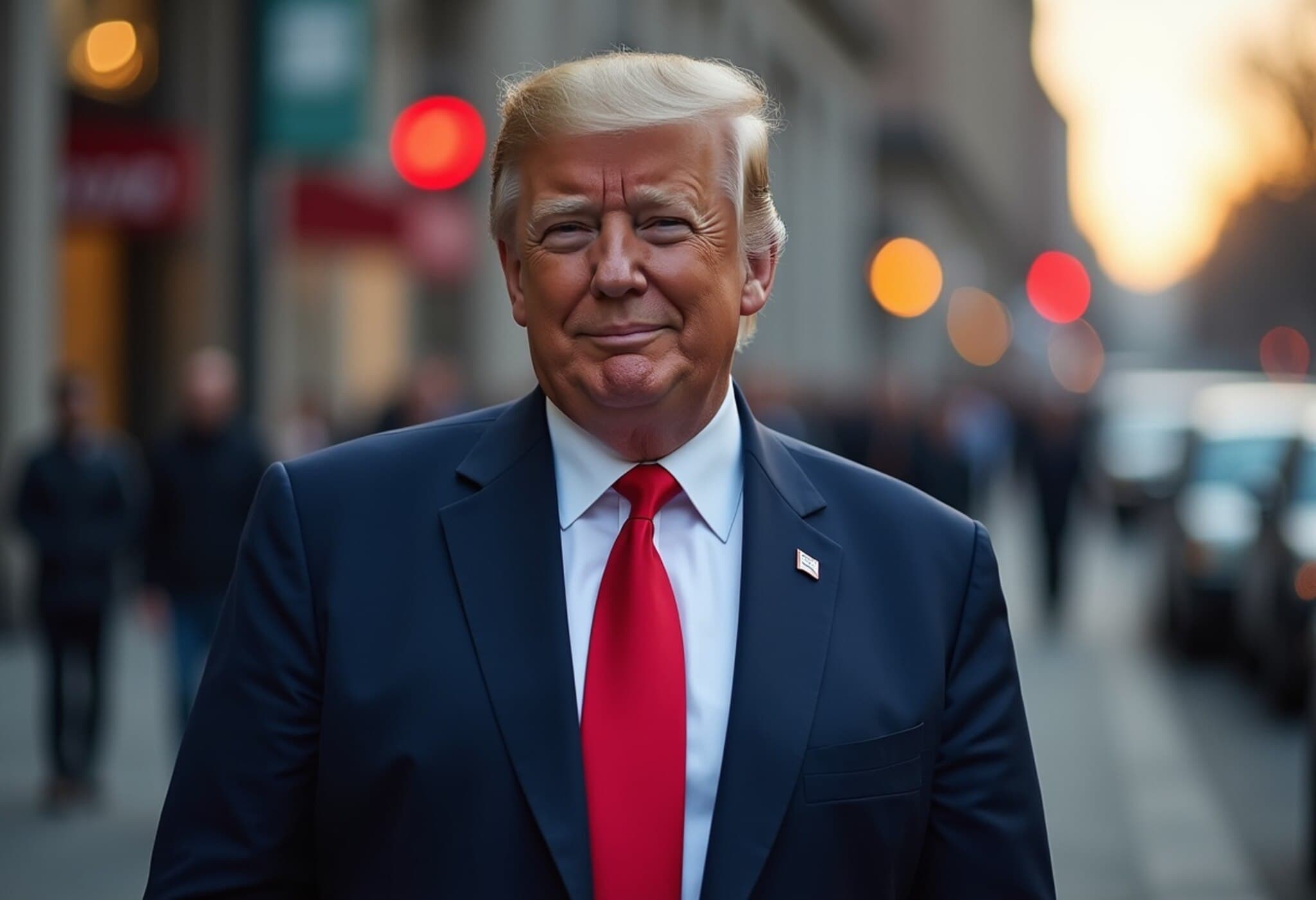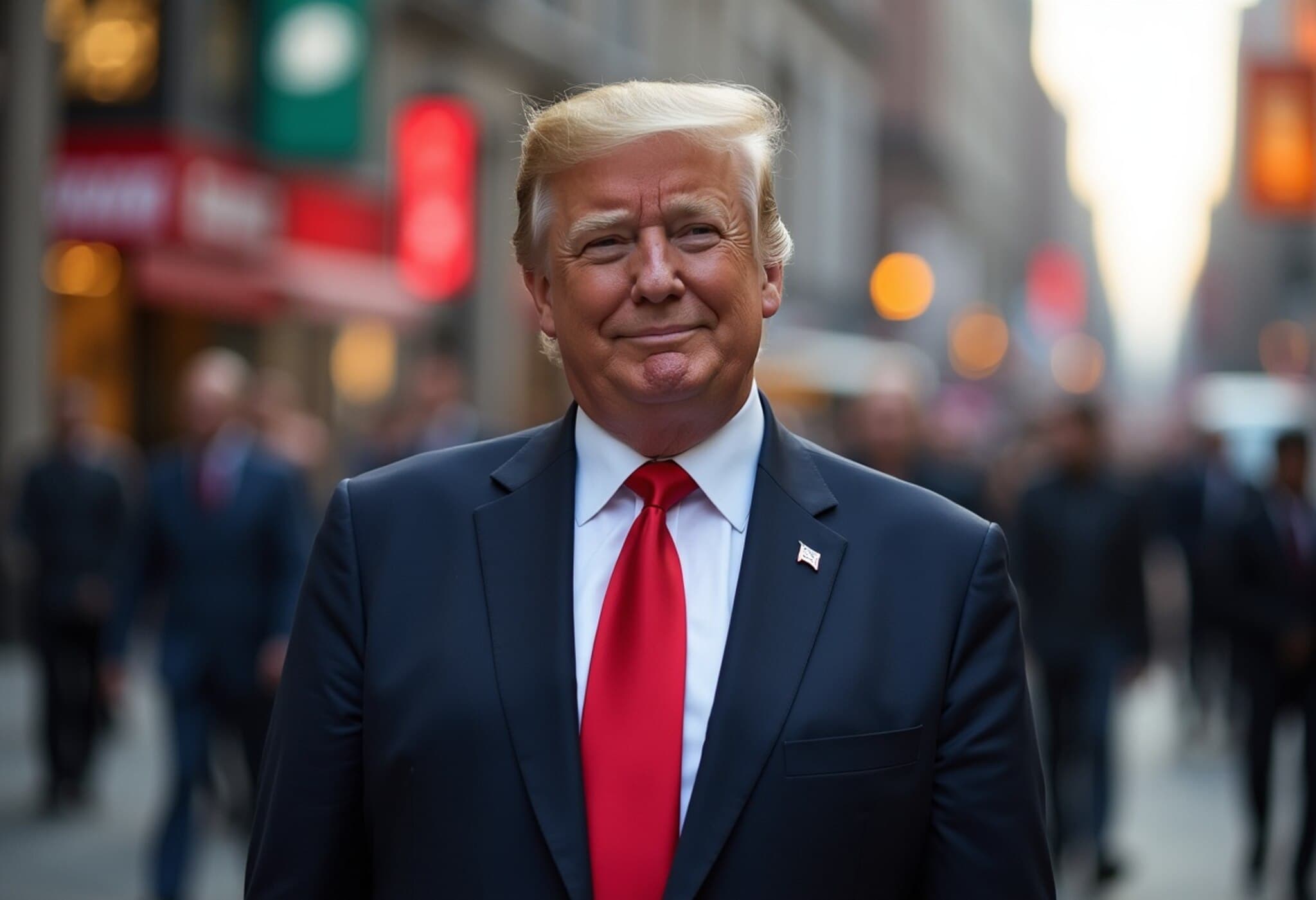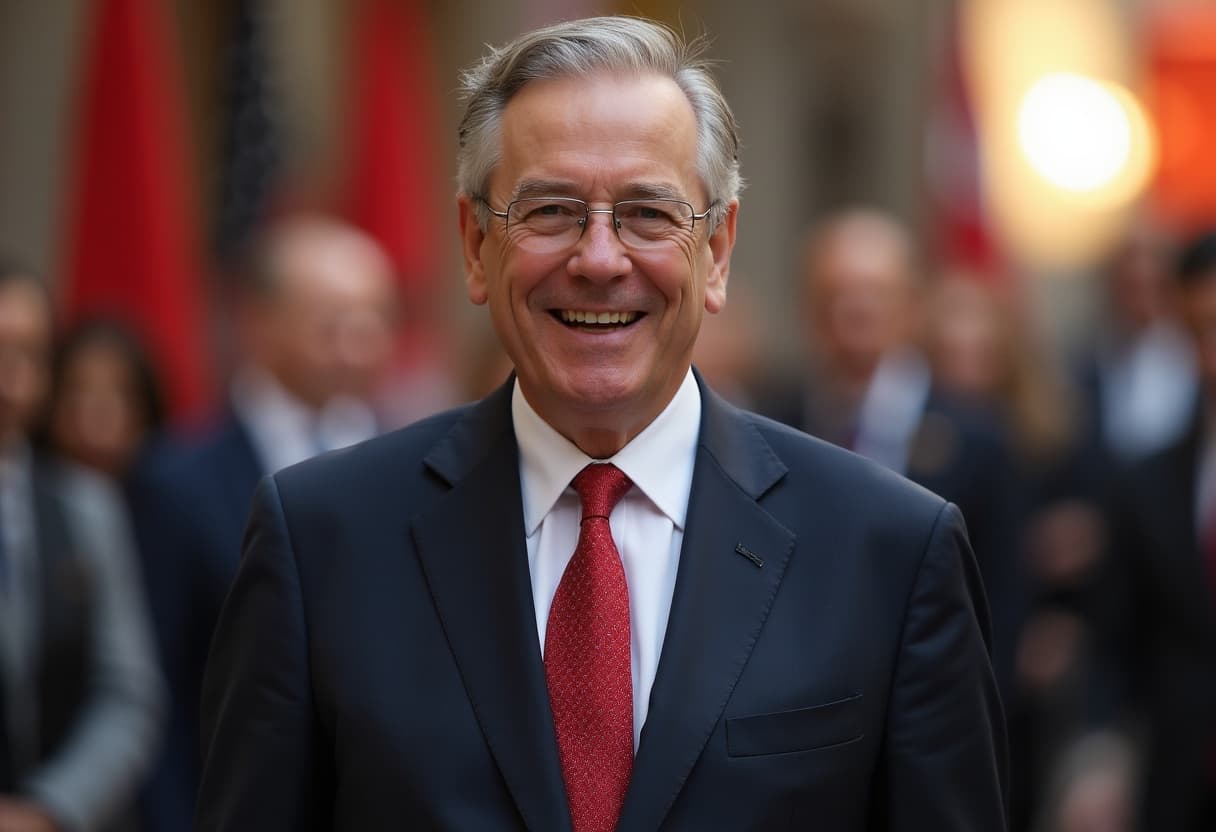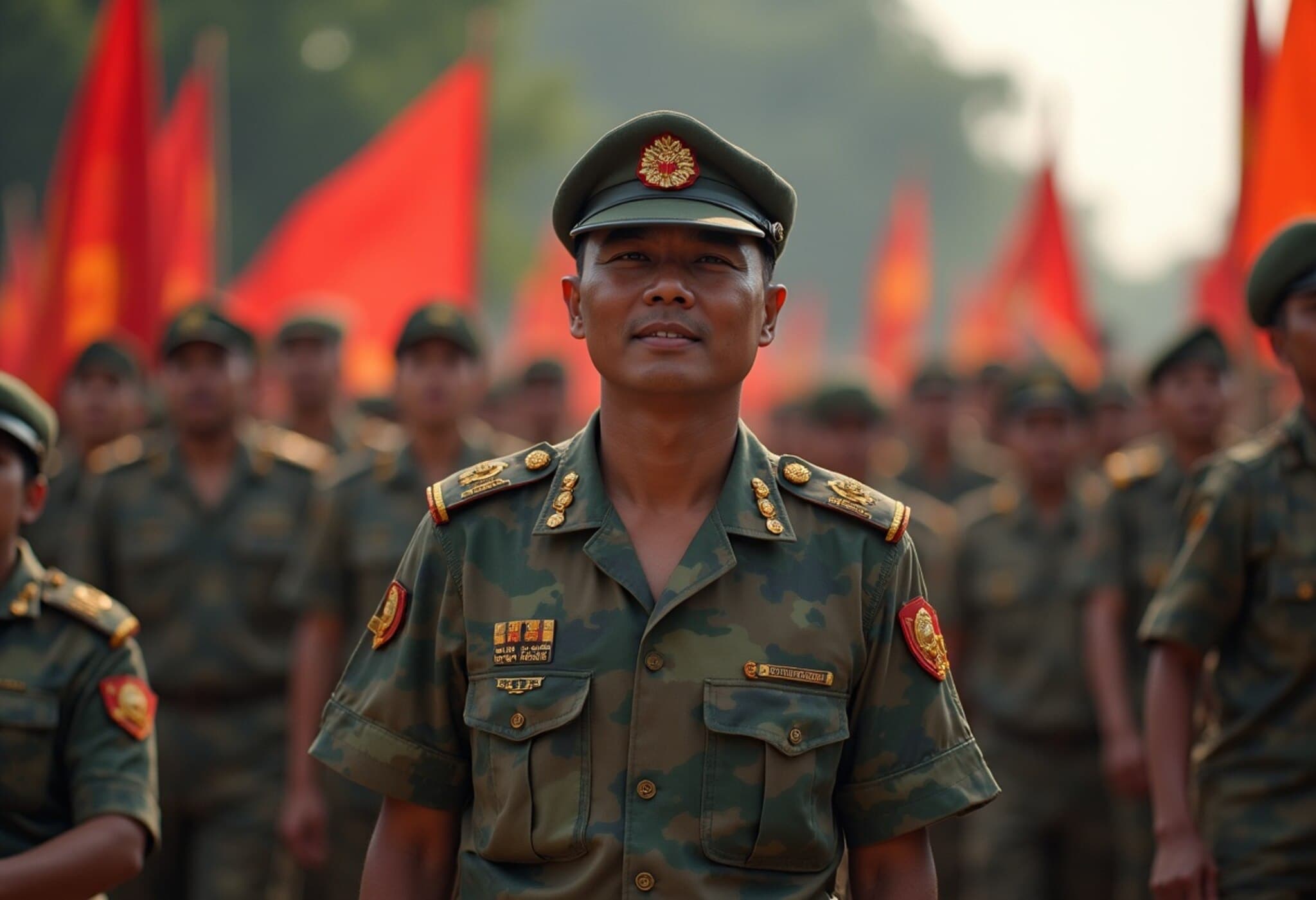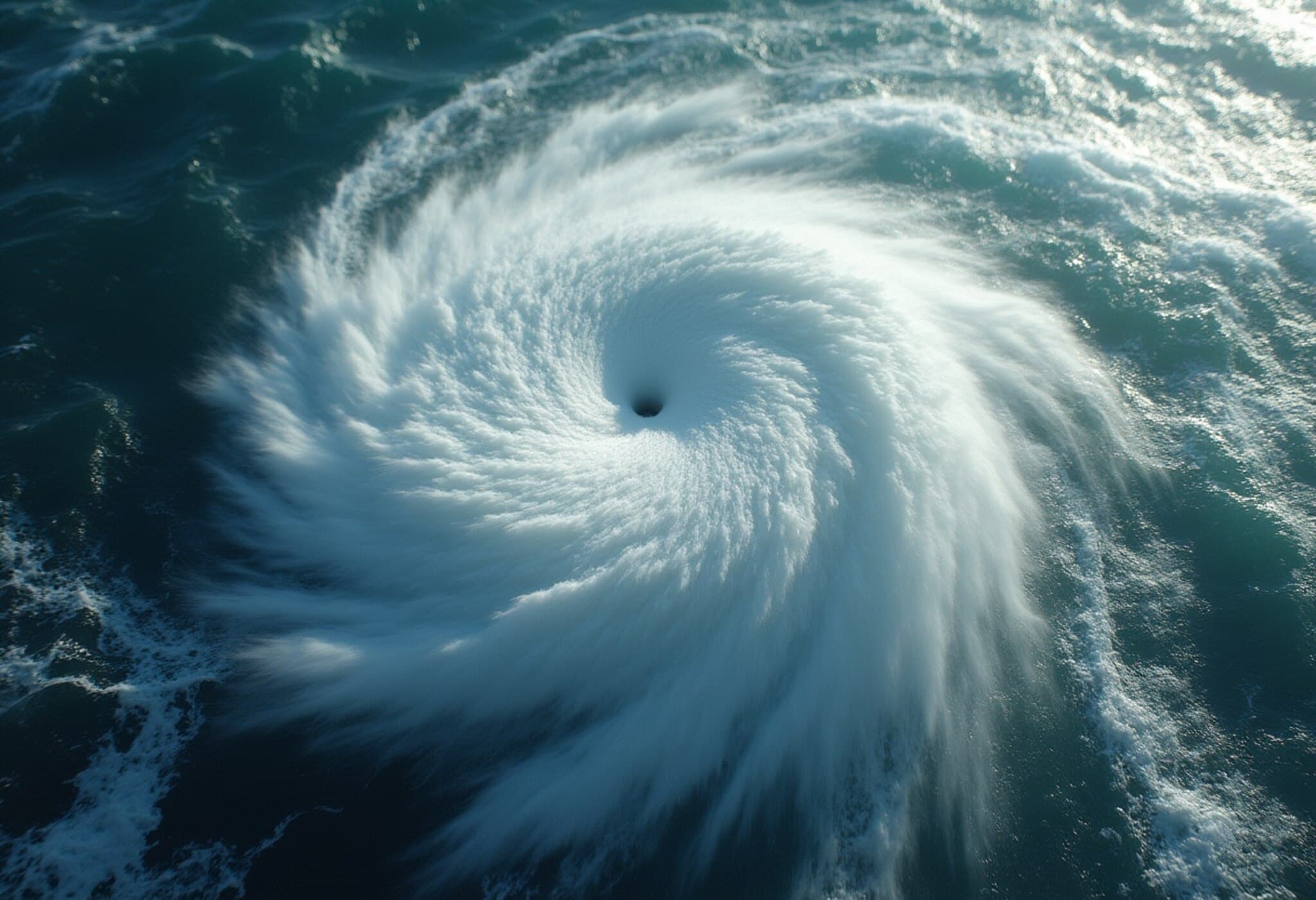India’s Response to Trump’s Tariff Hurdle: Insights from Economist Jeffrey Sachs
In a detailed interview with Firstpost, renowned American economist Prof. Jeffrey D. Sachs provided a compelling analysis of the recent imposition of tariffs by former US President Donald Trump on Indian goods. Sachs offered nuanced strategic advice on how India can adeptly respond amid escalating global trade tensions and changing geopolitical dynamics.
The Tariff Twist: What Happened?
During Trump’s administration, the United States unexpectedly slapped an additional 25% penalty tariff on Indian imports, primarily citing India’s continuing purchase of Russian oil despite the tensions surrounding the Ukraine conflict. This penalty effectively doubled the cost burden to a staggering 50% tax on certain Indian exports. India swiftly countered, highlighting inconsistencies, noting that China—a far larger Russian oil buyer—faced no such punitive tariffs, nor did many European countries actively trading with Russia.
Adding to the controversy, after Trump’s summit in Alaska with Russian President Vladimir Putin, his earlier threats of imposing steep tariffs on Russia mysteriously evaporated, leaving India caught in a confusing crossfire of geopolitical maneuvering.
Prof. Jeffrey Sachs’ Expert Take
Jeffrey Sachs, a respected authority on sustainable development and global economics, didn’t hold back, expressing his shock over the “ineptitude” and lack of coherent strategy within the Trump trade team. Sachs warned Indian policymakers not to expect unwavering reliability from the US market, highlighting America’s growing protectionist tendencies.
Protectionism and Unilateralism
- US protectionism is no longer just rhetoric—it poses genuine market access barriers to Indian exporters.
- The unilateral nature of US policy moves can abruptly undercut partnerships.
- The US’s current geopolitical playbook seems focused primarily on containing China, with India and other BRICS nations caught in the crosshairs.
Sachs advised India to be cautious about its involvement in alliances like the Quad, warning it could inadvertently become a pawn in US-China rivalry rather than serving its own strategic interests.
Economic Implications for the US
Tariffs, Sachs explained, risk rendering the US economy less competitive on global fronts, potentially slowing growth and increasing interest rates—an unwelcome consequence for American consumers and businesses alike.
A Way Forward: Alternative Markets and Strategic Diversification
Recognizing the volatility of reliance on any one trade partner, Sachs underscored the importance of India diversifying its export destinations. Crucially, he advocated for India to focus on the Regional Comprehensive Economic Partnership (RCEP), which brings together Asian heavyweights including China, Japan, South Korea, ASEAN nations, Australia, and New Zealand.
Joining RCEP, Sachs asserted, would invigorate India’s economy by enhancing market access and fostering stronger regional economic ties, a move that aligns with the growing multipolar economic architecture globally.
Strategic Diplomacy Post-Alaska Summit
Drawing from the Alaska summit’s outcomes, Sachs urges New Delhi to immediately request the US to withdraw the 25% penalty tariff. This diplomatic appeal would capitalize on thawing interactions between Trump and Putin aimed at a ceasefire in Ukraine and peace settlement talks, presenting a pragmatic opening for India to reset trade relations.
The Broader Geopolitical Context: BRICS and Multilateralism
Amid rising trade wars and protectionism, Sachs highlighted the critical role of BRICS (Brazil, Russia, India, China, South Africa) in championing multilateralism and free trade amongst themselves, which stands in stark contrast to the unilateral approach by the US. He encouraged strengthening Indo-China trade partnerships within BRICS, despite existing border tensions, for the mutual economic benefit.
US Policy Inconsistencies and Global Power Plays
Examining Washington’s inconsistent tariff targeting – penalizing India while overlooking similar ties with Russia by China, the EU, and even the US itself – Sachs remarked, "Don’t look for fairness or consistency in imperial actions. Empires do as they please." This blunt observation reflects the often arbitrary nature of great-power diplomacy that India must pragmatically navigate.
Tariffs Accelerating India’s Pivot
India’s recent engagements with Moscow and Beijing, including key visits by top officials, signal a strategic recalibration accelerated by US tariffs. Sachs suggests these moves could catalyze stronger regional integration, ultimately challenging US dominance but potentially fostering a more balanced world order grounded in cooperation rather than confrontation.
Key Takeaways for Policymakers and Economists
- Immediate diplomatic outreach to seek tariff relief post-Alaska summit.
- Reduced dependence on the US market by embracing RCEP and BRICS economic partnerships.
- Critical reevaluation of strategic alliances like the Quad, prioritizing independent foreign policy choices.
- Vigilance against US protectionism and readiness to counter potential future trade barriers.
Editor’s Note
Jeffrey Sachs’ insights illuminate the complex dance India must perform on the global stage, balancing economic imperatives with geopolitical pressures. His call for diversification and multilateral engagement underscores a critical shift away from reliance on Western markets towards regional and global partnerships that may better serve India’s long-term prosperity. As US trade policy grows more unpredictable, India’s ability to leverage alliances like RCEP could define its economic future.
However, these developments also raise pressing questions: Can India reconcile economic cooperation with geopolitical rivalry, especially with China? And how will its strategic autonomy evolve amidst intensifying great power competition? These are pivotal considerations for policymakers and citizens alike.





